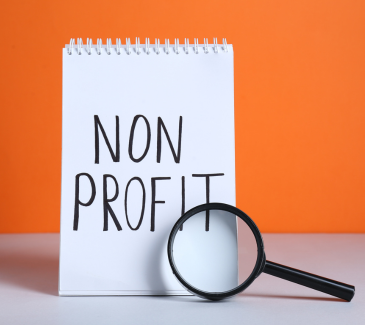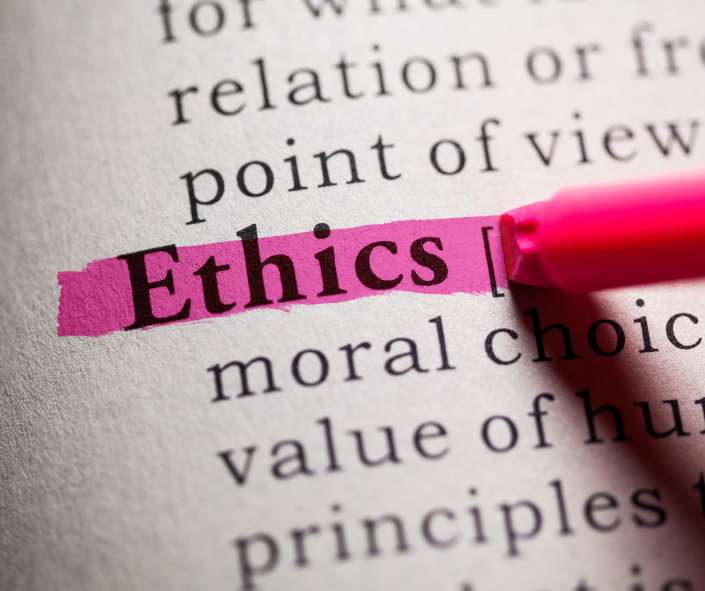An intriguing article on Be a Master Negotiator appeared in the week of October 28, 2024, issue of IBD Weekly.
Michael Mink wrote the article. He references several experts in negotiation, all of whom offer stellar advice.
Whether you are a nonprofit seeking to hire a grant proposal writer or a consultant looking to contract as a grant writer seeking a new client, there is negotiation.
As Scott Walker, a former Scotland Yard detective and negotiator, stated, “Life is full of negotiations whether we realize it or not.”
It is said often, but it bears repeating: Prepare thoroughly. The nonprofit should find out what it can from the potential consultant, and the consultant must understand the nonprofit’s mission, goals, needs, and cultural aspects. What do you want to achieve? What is your ideal outcome? Both sides have an idea of what an acceptable offer is.
Another critical point in Michael Mink’s article is quoting Scott Walker again from his book Order Out of Chaos: Win Every Negotiation, “The key to great negotiation is to remember it is not about you. Focus on the other person’s needs, listen deeply, and show empathy.”
“When people feel seen, heard, and understood, they are more likely to work with you,” is another essential point, states Scott Walker.
Establishing trust creates better dialogue and helps produce positive outcomes. Active listening is vital to effective negotiation, which relies on understanding the other party’s needs, pain points, and perspective.
Another essential point, which you’ve no doubt read before but bear repeating, is to use open-ended questions. Encourage the other party to elaborate on their needs and constraints. Discovering their needs allows you to gain insights and reveal possible trade-offs.
Often overlooked, body language, tone, and composure significantly impact how your message is received. Negotiations to seek help with grants or any writing seldom require complex terms, which are found in law enforcement or military actions. Still, avoid sounding aggressive or defensive. Stay calm and confident.
Mink wrote, “Every Negotiation interaction is an opportunity to learn more about the other person.”
The IBD article then quoted Chip Massey, a former FBI negotiator, “When we work with executives, we can see a remarkable shift in their demeanor after we say, ‘I was thinking about our last conversation.’” “This simple, repeatable technique works so well. Those who use it will gain trust, respect, and influence—immediately.”
Years ago, I learned to focus on solutions and not positions. One does this by separating emotions from issues while approaching the negotiation with empathy. Seek win-win solutions. Do not pursue solely your own goals. Look for mutual gains. Find areas where both parties’ interests align to strengthen the deal, make it possible, and make it sustainable.
Patience is a virtue. How often have we heard that? Good negotiations take time. Avoid the urge to agree prematurely. Allow space for thoughtful consideration and reflection.
Last, summarize and confirm the agreement. Ensure that both parties have a mutual understanding and clarity. Misunderstandings lead to hurt feelings and a tarnished relationship.
The points referenced in Michael Minks’ article and points from my own experience offer a balanced approach to negotiation. It combines tactical skills with relationship-building techniques. This approach can empower both sides to negotiate confidently and effectively in both personal and professional matters.











































































